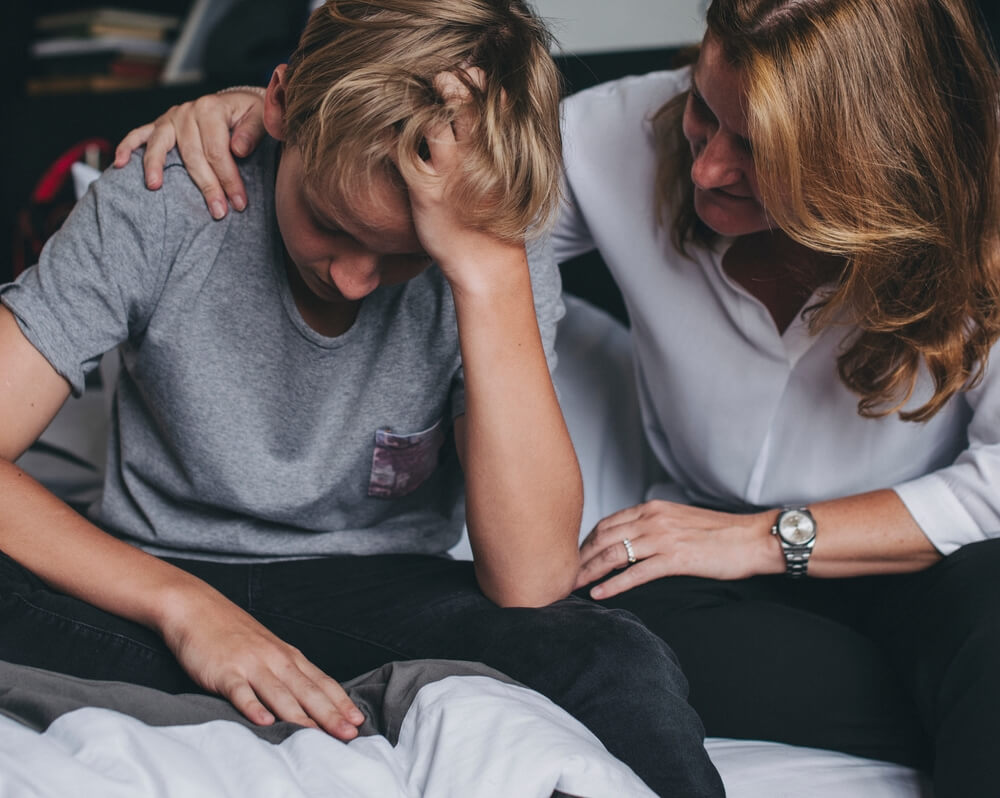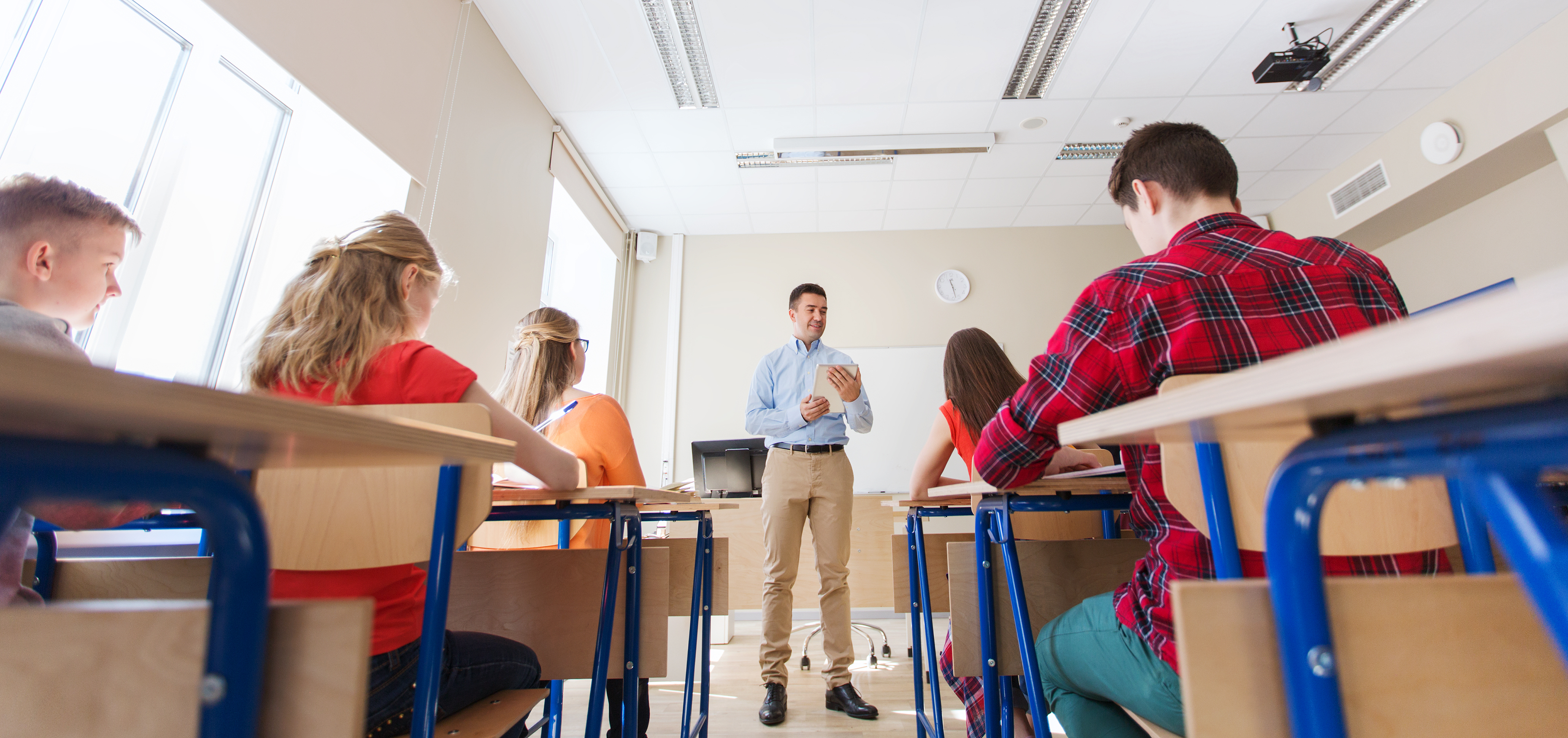The term “holistic” refers to a method of treatment that is alternative to conventional medicine. Holistic treatment is an approach to healthcare that considers the whole person—body, mind, spirit, and emotions—in the quest for optimal health and wellness. To take a holistic approach to treating troubled teen boys means considering their daily needs, such as nutritious food, sufficient sleep, physical exercise, and mental wellness. Oftentimes, teen boys can rebel against the idea of traditional therapy because they either don’t want to talk about their emotions or they don’t want to accept there is something about themselves that needs to change. By taking a holistic approach, they can see and feel the positive changes that take place from tweaking their daily habits. Also, teen boys are generally more receptive to taking care of their bodies to be strong, energetic, and resilient, which automatically positively affects their mental health!
Unlike other therapeutic intervention methods for troubled teens, a holistic approach does not involve behavior modification techniques. Instead, it explores the emotions and reasons behind the bad behavior to resolve personal issues and effect lasting change.
Many holistic treatment programs are often based on 6 key concepts:
- Recreation—Healthy play and recreation are important to the development of teen boys. Not only do they give them a chance to improve their physical health and acquire new skills, but they also provide an opportunity to participate in team-building and competition. Regular exercise also reduces depression and anxiety. Give them the choice in their recreational opportunities so they feel more invested. Do they want to lift weights, play soccer, or do yoga? Let them tell you.
- Nutrition – Nutrition has been proven to influence both health and well-being greatly. Keeping your blood sugar stable throughout the day through a balanced diet can help calm your mood and avoid the swings and crashes from sugary and fatty options. Holistic treatment often includes high-quality whole foods that contribute to both mental and physical health. For teen boys, more protein to supplement their increased physical education is important. This helps them build muscle, increase their metabolism, and see real results in the gym.
- Life Skills – Each troubled boy needs to learn life skills to become an independent and competent adult. Healthy communication and effective problem-solving will help individuals navigate the obstacles in life and improve interpersonal relationships. By teaching them skills such as how to drive, cook, mechanics, or a skill of their choice, they will feel more confident and, therefore, take a calmer approach to life. Having a purpose is huge for a developing teen boy, and knowing a certain skill adds to this feeling of purpose.
- Service—One critical part of getting teen boys back on track is ensuring they understand empathy. Service allows them to put others before themselves and reap the benefits of helping and improving their local community.
- Therapy—The correct therapeutic approach helps troubled boys determine their identity and learn to communicate more effectively with peers and authority figures. Therapy also helps them handle day-to-day concerns and temptations correctly. This can be suggested once some initial legwork is done. We recommend that you don’t bring up therapy first thing, as it may be met with resistance. Once your teen sees improvement in himself, he’ll have the buy-in to want to continue to grow and develop himself.
- Education – Achieving educational goals allows troubled boys to improve their confidence and commitment to remain in control of that aspect of their lives. However, it’s important to take a calm and consultative approach when attempting to implement educational goals. Maybe there is an alternative method of learning that works better for them, like seeing a tutor after school or being enrolled in a dual program where they get to learn a trade alongside their traditional school work. Research what opportunities there are in your community for this type of learning.
A holistic method for treating your troubled boy can be ideal because it combines natural, whole-body wellness with more contemporary clinical therapy options. Boys who recover via the holistic approach have the opportunity to learn balance in every portion of their lives. These lifelong skills will serve them well as they grow into adulthood. It should be noted that a holistic approach may not be the ideal option for every troubled boy. Based on your son’s needs, carefully research all your options before selecting the one that gives him the best chance of success.
If you need help with your teen son, contact us today. Our experts are here to help you and your teen son find the best programs and solutions to get them on the right track.











0 Comments